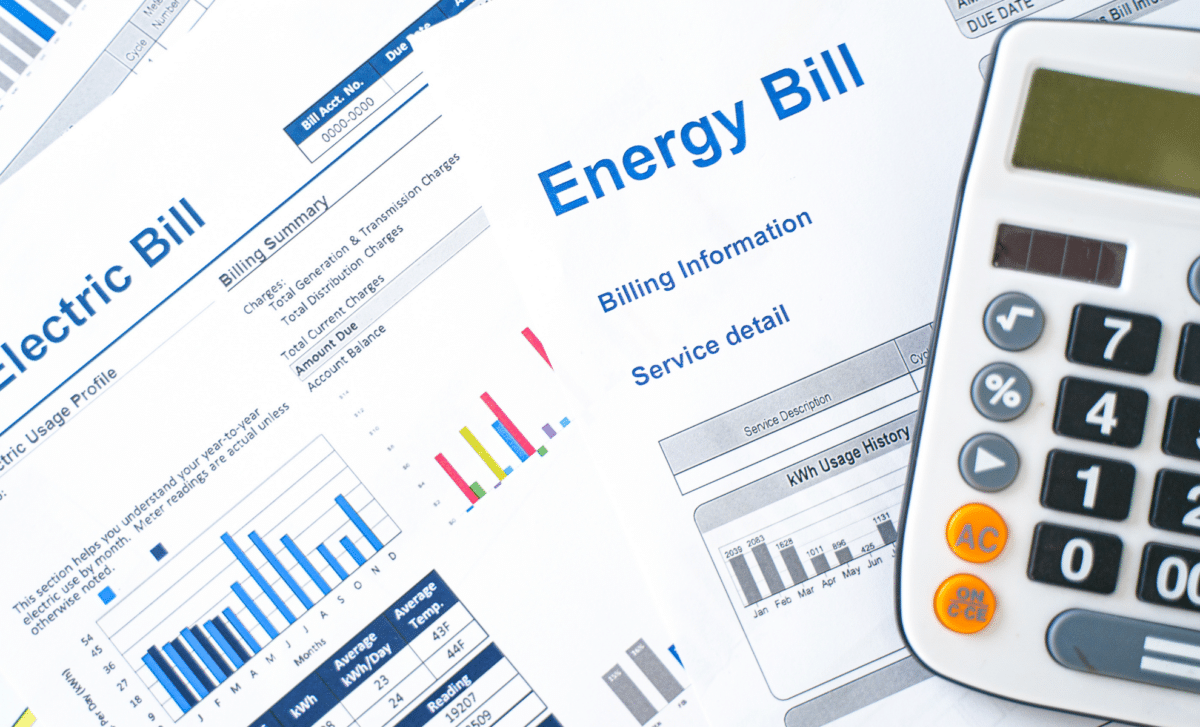Ofgem, the energy watchdog, is considering establishing a new “dynamic” pricing cap based on when British consumers use their energy.
Ofgem Considers Dynamic Price Cap Options for the UK Energy Market
On Monday, the UK’s energy regulator opened a consultation on a number of possibilities for the future of the price cap, including a “more dynamic cap” with “time-of-use dependent unit rates to encourage consumer flexibility.”.
Other options include a targeted cap based on a range of factors involving vulnerability, as well as more flexible, market-based price protections. These include limiting the difference between a supplier’s default tariff and market tariffs, capping the margin suppliers can make, or swapping the cap with an exemption on acquisition-only tariffs.
Ofgem stated that the price cap, combined with the brief halt on acquisition-only tariffs, had effectively protected customers from the “loyalty penalty,” in which consumers on default tariffs paid higher prices, as well as the worst of the current volatile markets and wholesale price surges caused by the energy crisis.
It stated that the retail markets for petrol and electricity were shifting as more consumers switched to electric cars, heat pumps, and solar panels.
Ofgem Evaluates Pricing Strategies for Renewable Energy Transition
The changeover also represents a shift towards more renewable electricity generation. Customers can expect suppliers to pass on savings achieved during periods when affordable wind and solar power is available through time-of-use prices.
These rates are expected to be conditional on users holding smart metres, which customers have been reluctant to adopt.
According to one energy supplier source, the transition to green energy faced challenges in estimating how to hedge against huge fluctuations in wholesale costs caused by changing weather, potentially driving up rates.
Tim Jarvis, Ofgem’s director general of retail and markets, declared: “While the price cap played an important role in protecting consumers from the loyalty penalty that existed before its introduction, the energy market is changing as we move to net-zero, and we recognize the systems we have in place may need to change too.
“We’re looking in detail at the elements of the price cap that have worked well and the challenges we’ve identified in recent years, while also considering how a wide range of future consumers will use and pay for energy to make sure we develop the right measures that will protect and benefit consumers across the board.”
UK Energy Price Cap Under Fire Amid Industry Criticism and Calls for Reform
2019 saw the introduction of the price cap to prevent the exploitation of devoted customers on default prices. A typical household’s annual average bill is used to represent the cap, which sets a maximum price that providers are permitted to charge for every unit of electricity and gas. Even after the energy crisis, it will still be significantly higher in April, falling by £238 to £1,690.
A number of new energy businesses have challenged the industry’s titans by giving incentives to switch suppliers within the last ten years. But in the first year of the energy shortage, the mechanism faced criticism when over thirty providers failed due to the cap, which prevented them from carrying on the increased wholesale gas prices to their customers.
The cap is currently adjusted on a quarterly basis in an effort to reflect shifting wholesale pricing more quickly, but Jonathan Brearley, the chief executive of the regulator, has already said that reform is necessary.
The cap, according to Simon Virley, vice chair and head of KPMG UK’s energy and natural resources, has caused “effective competition and innovation in the market suffering and switching levels falling off a cliff.”
“As we look to what a future retail energy market looks like – it will be key to balance proportionate consumer protection with incentives for investment and innovation in a smarter energy system that benefits all consumers,” he continued.
Some customers have demonstrated a willingness to change how much energy they use, turning on their washing machine or dishwasher earlier or later than usual, in exchange for prizes. During last winter’s cold snap, a National Grid program run by suppliers paid customers to reduce their electricity use during critical times of the day in order to lessen the load on the grid.









